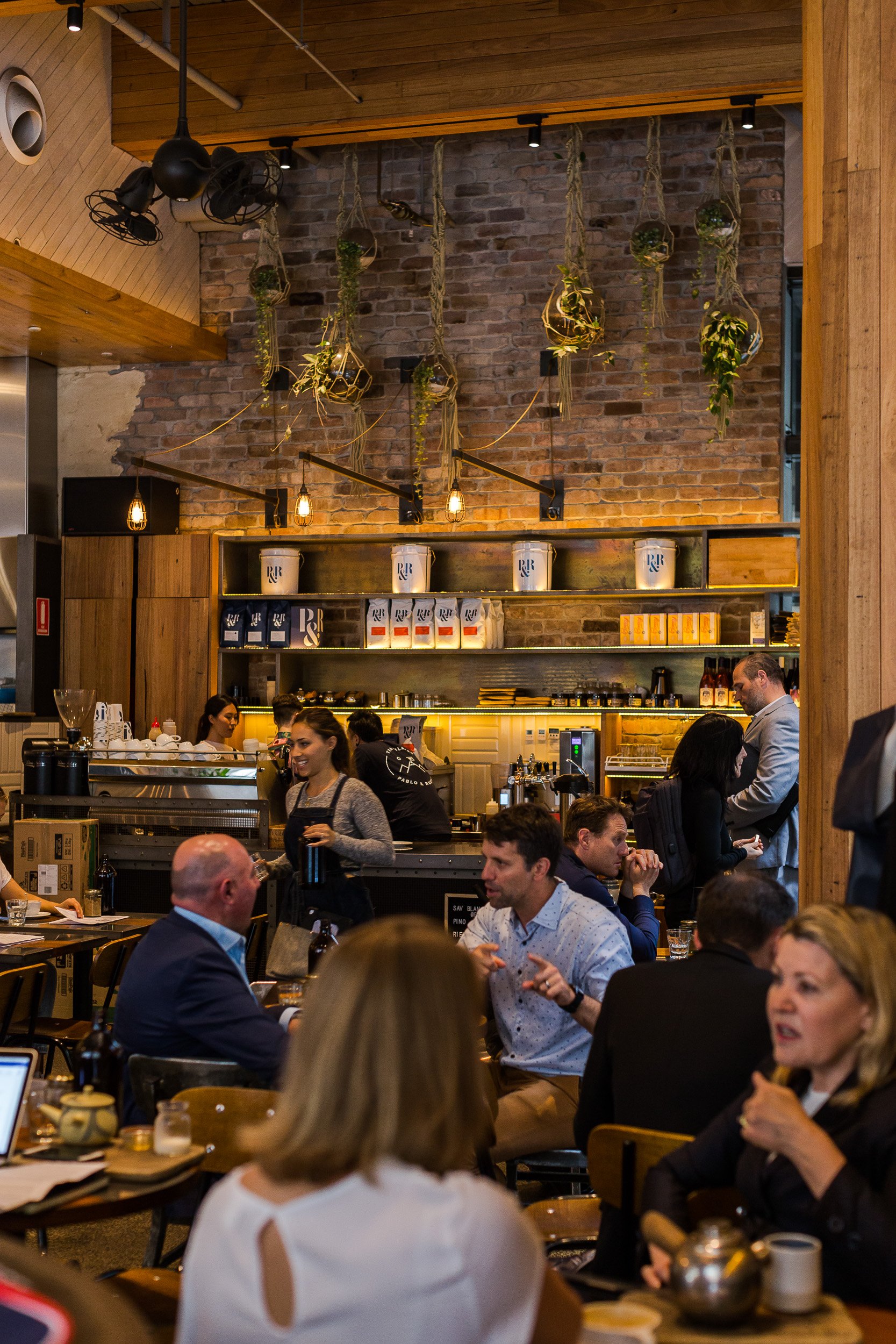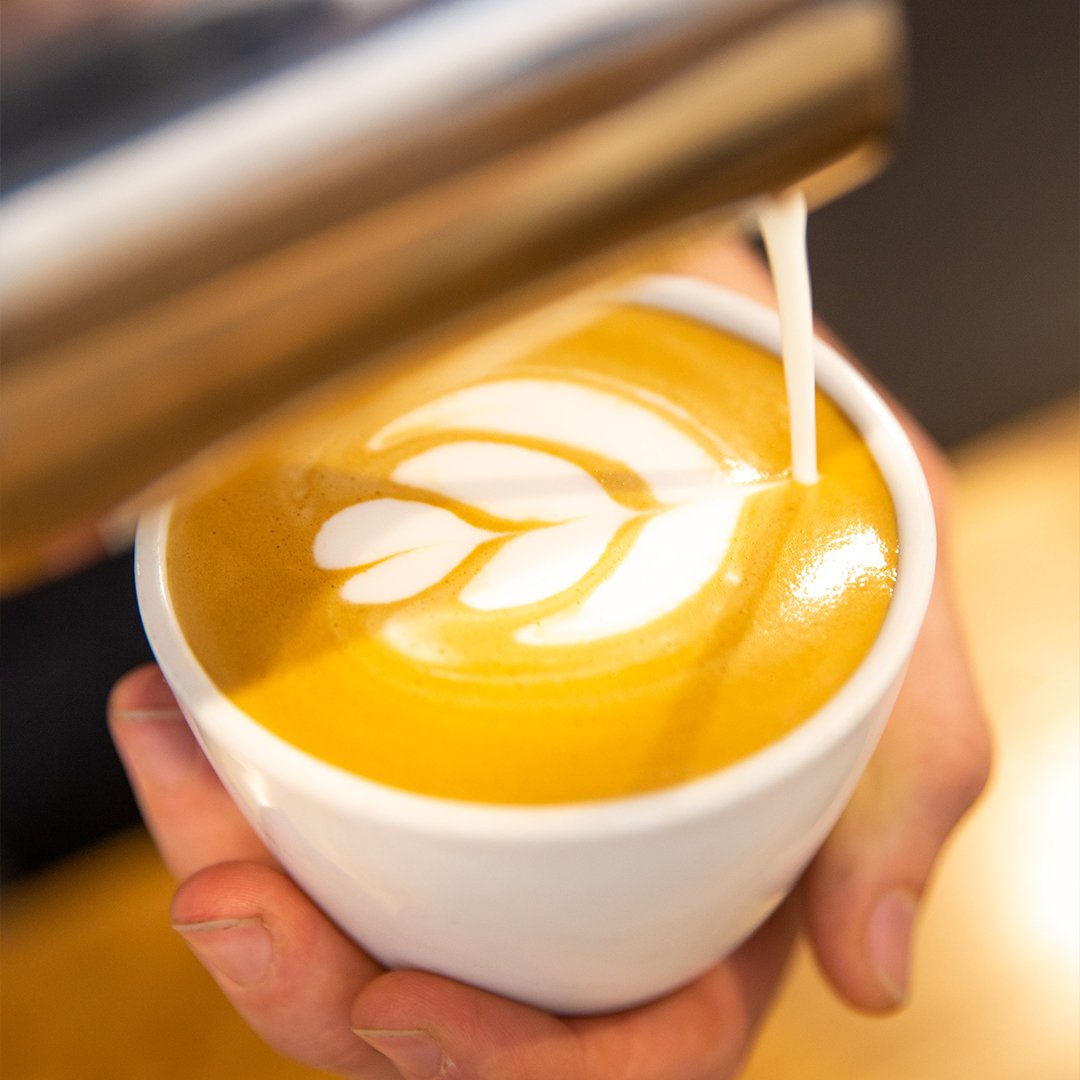How did you go broke? Slowly at first, then all of a sudden
This joke feels quite real in the café industry right now. The question is whether being busier is always better. This blog explores why that’s not the case. Sometimes, being busier just means losing money quicker.

Obsession with volume
The industry has become too obsessed with volume. We often talk about sales per week and kilograms of coffee per week. These are important metrics, but the most crucial metric is profit. Other important metrics include customer experience and reviews.
All things being equal, being busier would be better. But in the real world, that’s not always the case.
The unique rhythm of coffee
Coffee sales in most cafés around Australia follow a distinct pattern: a busy morning period, a mid-morning lull and another slight pickup before tapering off. Most cafés focus on maximising volume during these peak times, which affects staffing, equipment and workflow.
In cafés, staffing and equipment can't be adjusted hourly, making many costs semi-fixed. There are minimum shift hours and regulations that must be followed.
Here comes the maths
If being busier were better, the best strategy would be to give coffee away for free! Of course, that’s ridiculous.
-v1723619192098.jpg)
Economics teaches us that there's a point where profit is maximised. For example, selling 200 coffees with a profit of 10 cents per coffee is the same as selling 20 coffees at a higher price with a $1 profit per coffee.
This example is simplistic and doesn’t account for fixed costs like rent, but it illustrates the complex relationship between price, volume and profit.
AI modelling
A few years ago, we worked with an AI company to create a digital twin of our Sydney CBD café. We studied various scenarios and learned that trying to get busier during peak periods can backfire. The key is to maintain a moderate level of customers throughout the day. This can be achieved by having slightly higher standard prices and running promotions during slower times, a strategy known as demand smoothing.

The unintended consequences of being busy
Customers come to a café for great, consistent coffee, reasonable wait times and warm customer service. When a café gets too busy, the quality of coffee, the wait times, and customer service all suffer. Therefore, it can slowly impact customer perception and the cafe’s brand.
The mindset shift
The shift specialty cafés need to make is the willingness to sacrifice some volume for more sustainable pricing. This mindset shift can be daunting, but the unique challenges the industry faces require trying new strategies rather than repeating old habits.
Price increases should be small and periodic and done with empathy. For more on this, check out our blog piece on cup prices.
Of course, pricing isn’t the only solution. It’s part of a broader strategy for cafés aiming to offer a quality coffee and food experience.

Conclusion
For too long, we've chased volume at all costs. It's time for a new approach in the specialty café industry.



